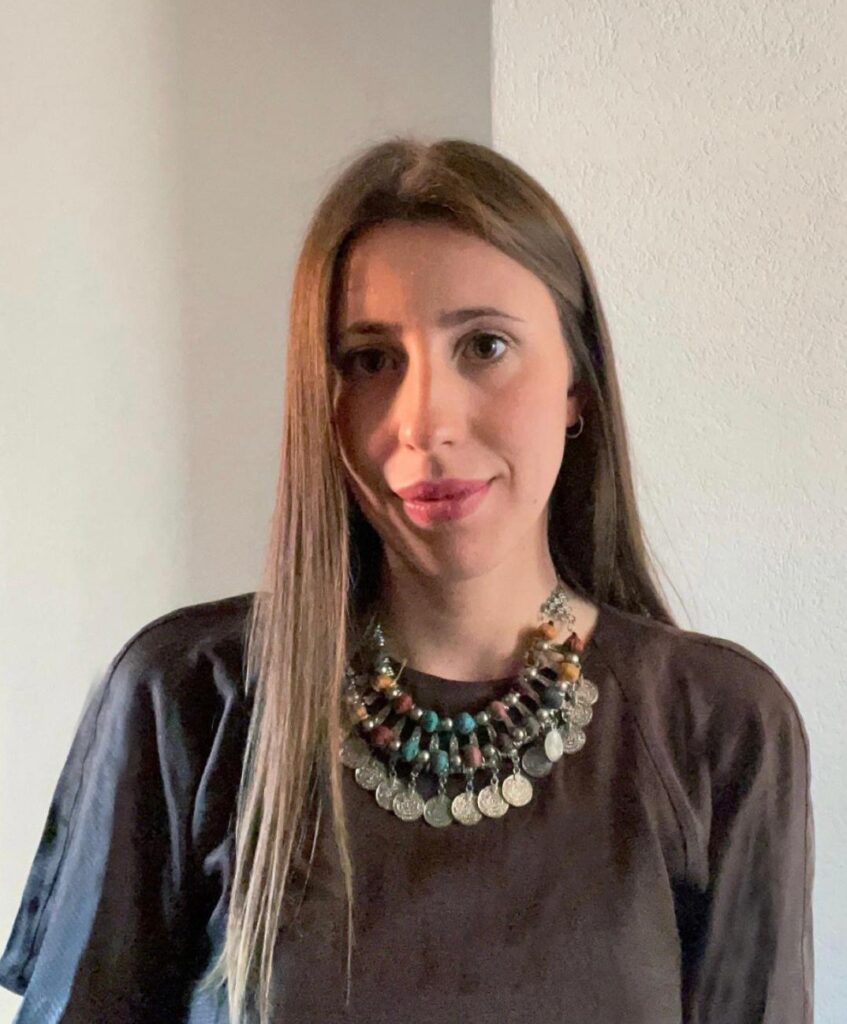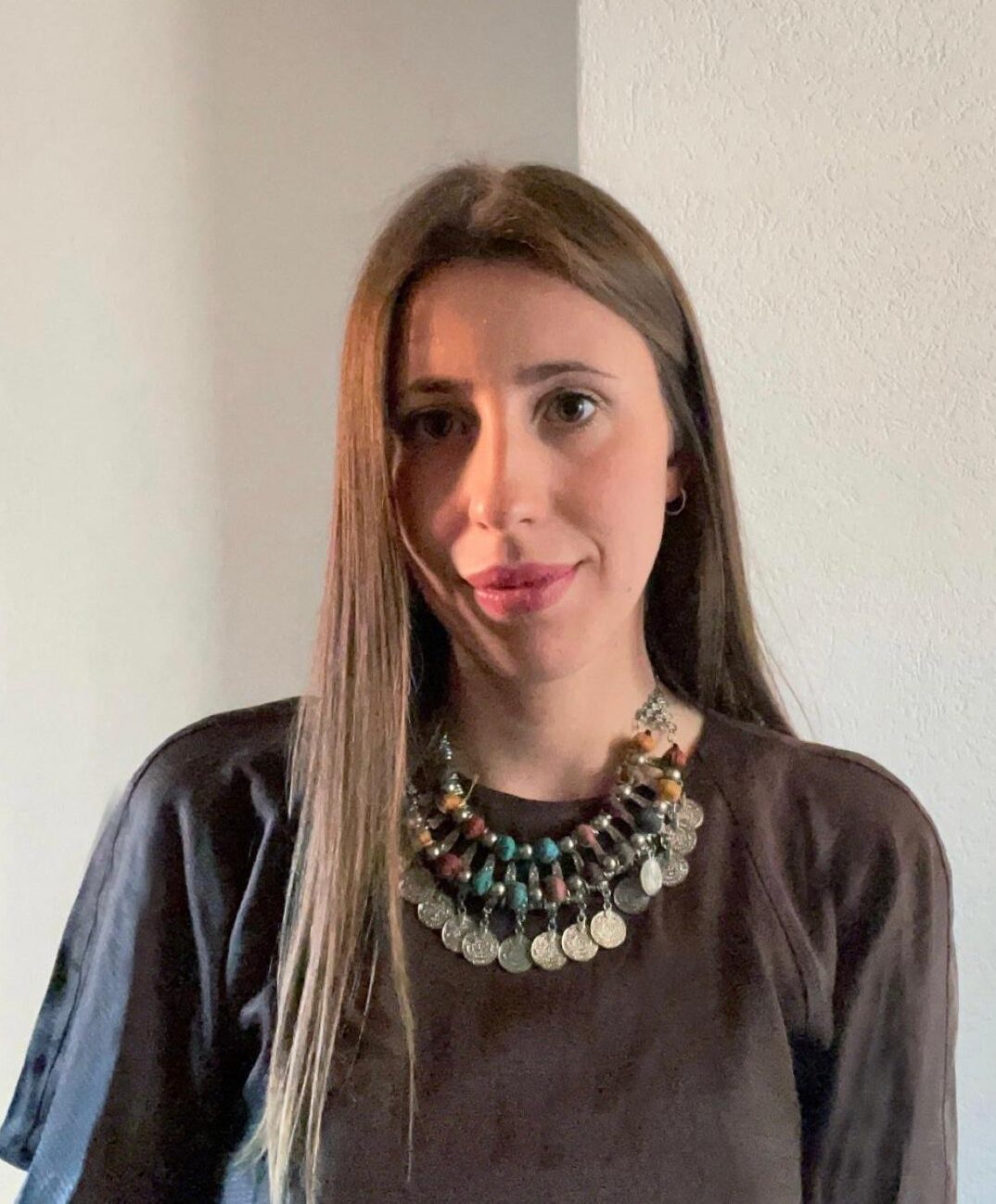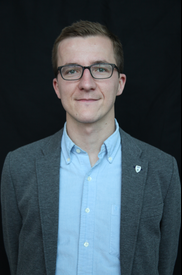Interview with Melika Konjičanin

Melika Konjičanin earned a Master of Architecture from the Massachusetts Institute of Technology and a bachelor’s degree in architectural design from the University of Florida. As a graduate student, Melika helped design three exhibitions at the Venice Architecture Biennale. She has worked as a teaching assistant at the University of Sarajevo’s Faculty of Architecture. Currently, she works as a research assistant at the Chair of Architecture and Urban Design at ETH Zurich, a public university in Switzerland. Melika received a 2020 BAPA scholarship and attended the 2020 Annual Forum, which was online due to the COVID-19 pandemic.
How did you find out about BAPA and its scholarship offerings?
A close friend who was familiar with my academic goals and interests recommended that I apply. I’m grateful she did, as the scholarship has had a meaningful impact on my academic and professional journey.
How did BAPA’s scholarship support you?
At the time I received a BAPA Scholarship, I was in the final semester of my master’s program, working on my thesis. In architectural education, this phase involves independently developing a project of personal and academic interest.
My thesis focused on the exploration and adaptive reuse of post-industrial sites in Bosnia and Herzegovina. BAPA’s scholarship provided critical financial support that allowed me to carry out essential fieldwork. I was able to archive sites, document them using drone photography, and conduct on-site measurements. This hands-on research was vital to the depth and quality of my work, and it would not have been possible without BAPA’s financial support.
What was your experience like at BAPA's 2020 Annual Forum?
Due to the COVID-19 pandemic, the forum was held online during my scholarship year. The following year, recipients were invited to attend the in-person forum in Seattle; however, I was unfortunately unable to participate due to health reasons.
BAPA provided me with valuable support throughout the preparation of my presentation. I received constructive feedback from the organization on multiple occasions, which helped me refine my ideas. Additionally, I connected with another BAPA recipient, and we exchanged insights on how to approach our presentations.
Attending the forum allowed me to connect with other students and professionals from Bosnia and Herzegovina across a wide range of fields and academic backgrounds. It was inspiring to see the diversity of approaches and perspectives within our community.
How did your experience with BAPA develop your academic and/or career goals?
The BAPA Scholarship came at a key moment in my academic journey: during my thesis semester at MIT, when I was deeply engaged in research on post-industrial landscapes in Bosnia and Herzegovina. The support I received allowed me to conduct fieldwork, document and archive sites, and fully immerse myself in a project that was personally meaningful.
Attending the virtual forum connected me with a network of talented Bosnian professionals and students. It was incredibly motivating to see how many people shared a common goal of contributing back to the community.
Importantly, the research I began during my thesis didn’t end there. I’ve continued to explore these themes professionally, and my thesis has since evolved into a written chapter, currently under publication, as part of a book about transitional contexts. That continuity—between academic discourse, professional practice, and contributing to knowledge production—was strongly supported by my BAPA experience. It gave me the resources and confidence to pursue work that connects architectural research with real-world impact, especially in the context of Bosnia and Herzegovina.
What advice do you have for other Bosnian students who are interested in applying for the scholarship?
I would strongly encourage any Bosnian student to apply for the BAPA Scholarship. It’s more than just financial support; it’s a recognition of your efforts, your potential, and your connection to the Bosnian community.
What makes this scholarship special is that it values both academic achievement and your desire to give back, whether that’s to Bosnia and Herzegovina or to the diaspora around the world. For me, it wasn’t just about easing financial stress during my thesis semester; it was about feeling connected to a network of people who understood my background and shared similar goals. Being part of this community is incredibly motivating.




